Equity In Education: Parental vs. State Responsibility
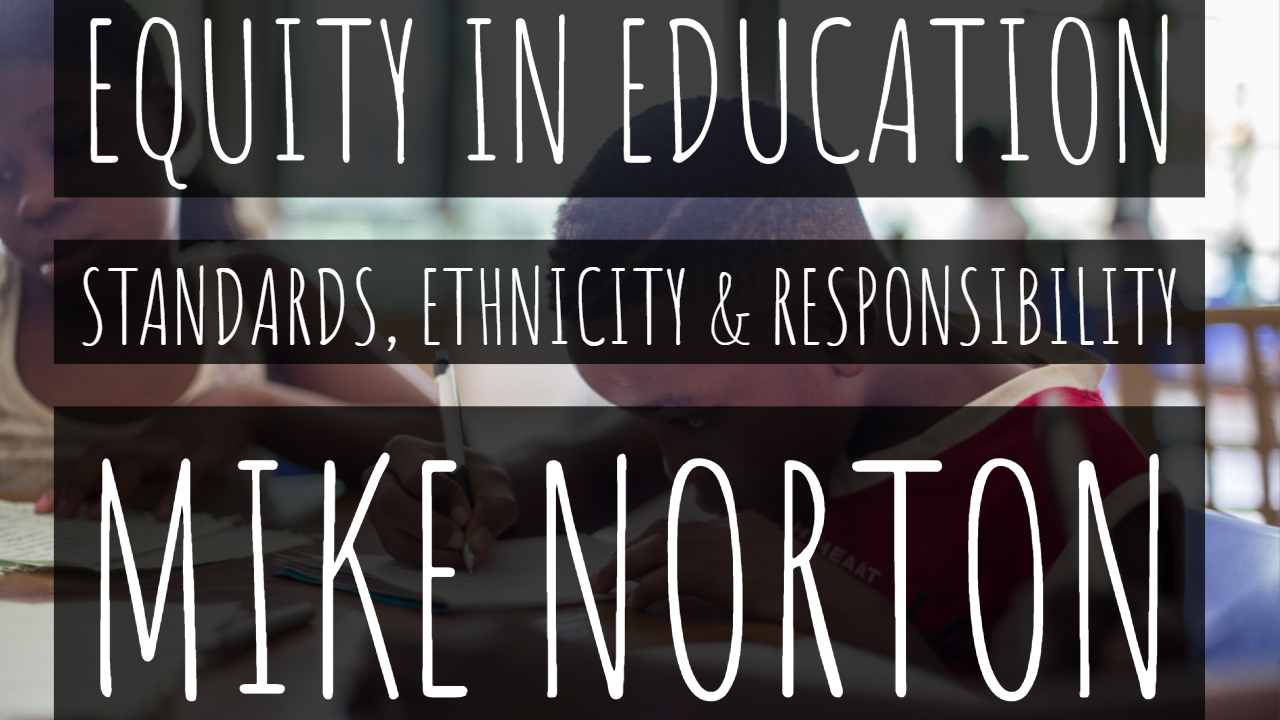
When it comes to education, there’s a general consensus that Black children do not have the same outcomes as whites and Asians, and a common explanation for the gap is unequal access to resources. Several attempts to shrink the gap include increasing funding in minority-majority schools, integration with other schools through busing programs, and race-based admissions for universities like Harvard. Have these concepts led to equity in education? Mike Norton says no to most of these ideas, based on his own experience as a student in majority Black, and majority White schools. Keep reading to find out why.
Education Begins at Home

Norton home-schools his daughter. Though he doesn’t want to dictate her future, he teaches her at an advanced level, to give her options when she’s old enough to decide on her path in life. He wants her to explore and encourages her in any direction she shows interest, and he wants other parents to take a healthy interest in their children’s education, too.
Educational Inequality Across Ethnic Groups
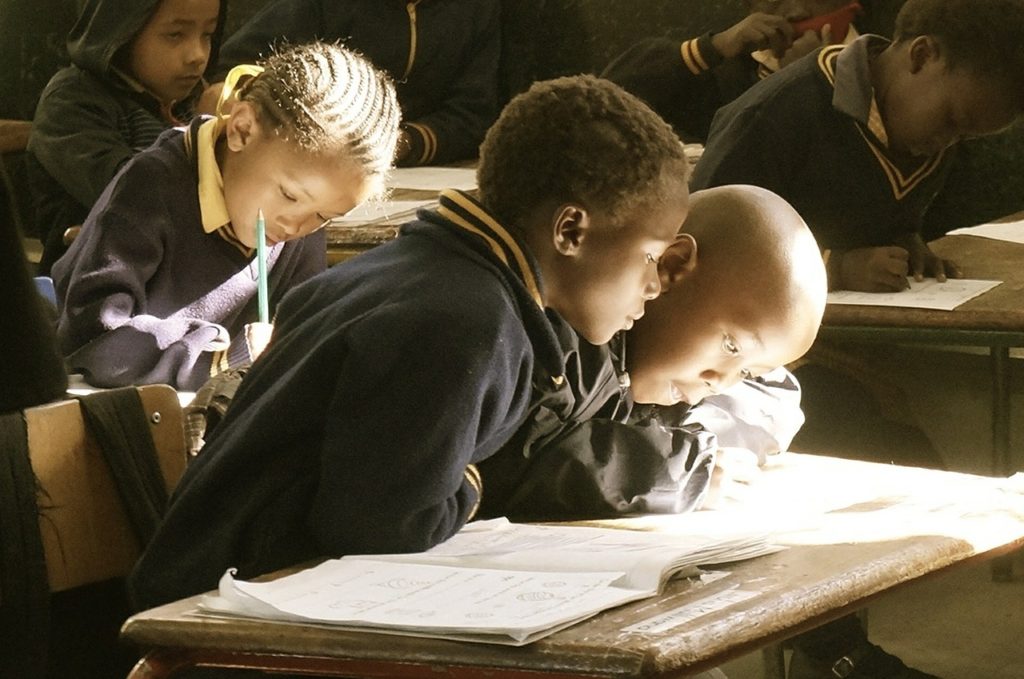
Norton doesn’t like the idea of lower standards in minority schools, or for admissions to colleges and universities. Instead, he believes that deductive reasoning would lead to a better understanding of why many minority students do not find success in education today. Instead, he believes that African Americans should focus on improving some of the social issues that are still prevalent in many communities, including abuse and neglect.
Child Abuse and Neglect

As a victim of abuse, Norton endured prolonged periods of being locked in a closet and other punishments. He was able to endure his solitude by using his imagination to create space in a confined environment, and this led to early development of his critical thinking skills. But, Norton believes that he’s an anomaly, and studies support this claim. Research shows that abuse and neglect at home typically decrease the IQs of affected children and are often associated with chaotic environments that make it hard to study.
In Norton’s case, he reports that his IQ did decrease, and that he had tumors removed from his skull that were a direct result of the abuse. This removal helped him to recover some, but not all of his abilities. He believes that his natural IQ was already high, so that he remained in a higher tier than other students, despite the unrecoverable decrease that resulted from the abuse.
Abuse of any form is an important consideration for healthy childhood development. Norton reports the African American community has a common comical trope about being beaten as a child, and that it is often viewed as a sign of love and endearment (much like many classical Western attitudes like: spare the rod and spoil the child). Norton believes combating abuse in the African-American community might help close the gap in educational inequality.
Solutions for Abuse
Educating parents about the long term effects of physical punishment can help create an environment that fosters learning and success.
There’s a lot of contention with IQ statistics, but Norton’s take as an empiricist is to follow what has been and can be measured. He believes that it is important to acknowledge the IQ differences between ethnic groups as a factor in determining educational outcomes. Among other factors, he suggests that the reduction of a subculture of abuse could lead to better outcomes for children in minority communities at a much higher rate than other attempted solutions to this problem.
Several factors may be considered in educating parents of all backgrounds and ethnicities about abuse:
- Do the abused children realize they are being abused? Norton says children in the African-American community are taught that some forms of abuse are not harmful but are disciplinary styles based in love. This attitude is not unique to the African-American community, but has been or is currently present in most societies.
- Do parents understand where discipline stops and abuse begins, and can they be taught the severe long-term consequences of abuse on their children’s’ life potential?
- The exploration of cultural and evolutionary psychology can also provide insights. Norton reports that children in Black communities often express envy toward high achievers, expressed as violent bullying and social shunning.
Alternative Approaches to Reach Educational Parity

Norton believes a top-down approach to closing the educational divide is not very effective, and in some cases, it will actually cause harm. He believes that the African-American community should address educational inequality from the ground up, starting with cultural problems that keep the community down, and cites several examples.
Bullying in the African American Community
Norton wants a broader conversation about how bullying among African-American children has a negative impact on students who would otherwise be high achievers. One possible cause, Norton suggests, is that a cultural focus on the remnants of oppression has led to delays in the adoption of Western culture.
Mistrust of Western Society
Norton believes that a lack of trust in the education system and Western Society inhibits educational progress. He reports that the long history of slavery, segregation, discrimination, and oppression has resulted in African-Americans feeling uncomfortable around White people and that there is often a concomitant lack of trust and respect. He says that this is understandable, but it is also a major obstacle in achieving the best educational outcomes for children in the African-American community.
But it doesn’t have to be all negative. There are many success stories in the African-American community that can provide valuable insights. Among them are numerous leaders who can reshape the community’s path to success as a whole.
Norton’s mission is to lead by example, and he believes that others can do the same, to show their own families, friends and the larger African-American community the way to success and achievement. In his view, successful students who are given a platform to teach and lead by example, will help with healing many problems in society and help us trust and respect each other more, no matter our racial, ethnic, or economic background.
In this way, though Norton is Black, he does not consider himself to be a member of mainstream African-American culture as defined in the media. Instead, he has developed what he refers to as the Vannoken tribal culture. Rather than adhering to racial identity norms, Norton’s tribe has declared cultural independence, developed their own language and traditions, and a way of self-governance including a physical homeland. He describes his tribal structure as a “libertarian meritocratic republic.”
Moving Forward
There is a great untapped potential in not only the African-American community but in all communities around the world. Mike Norton does not believe there are simple or easy answers to unlocking our full potential but believes the hard work and difficulties necessary to fix educational inequality are rooted in culture.
To learn more, watch the full interview with Mike Norton, below.
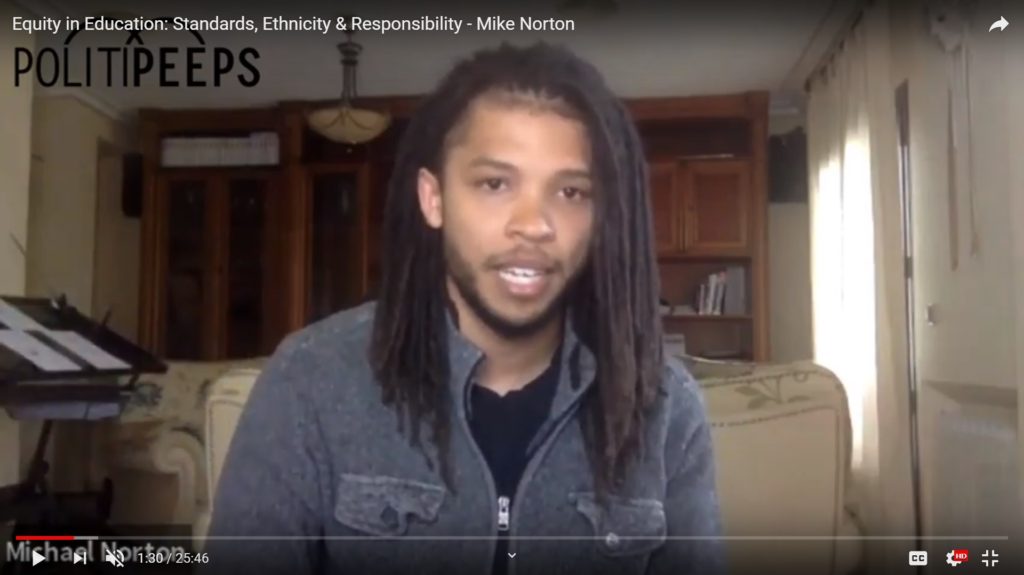

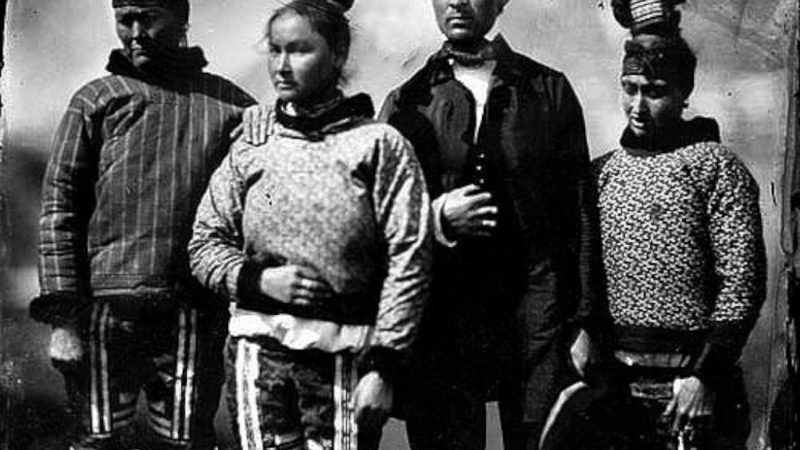
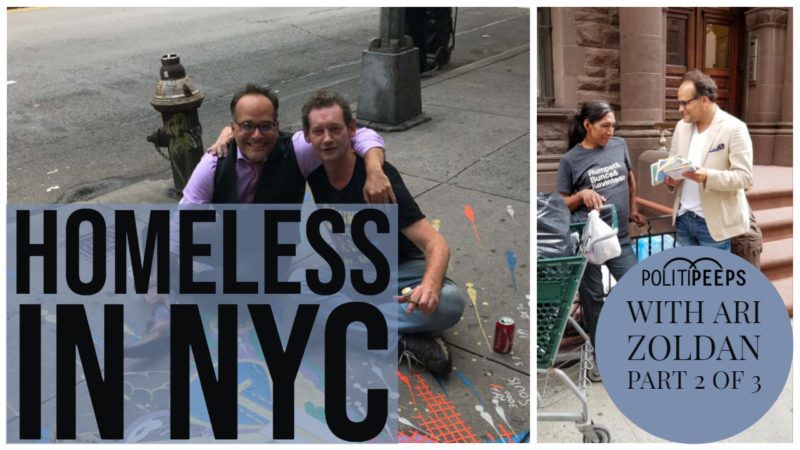

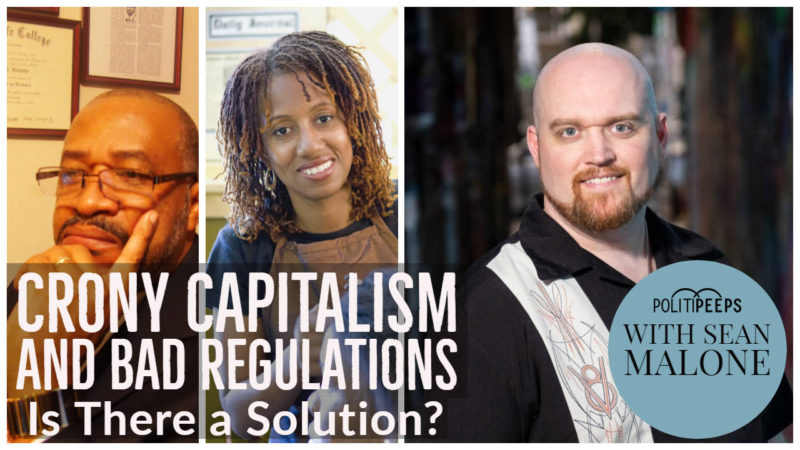
Facebook Comments